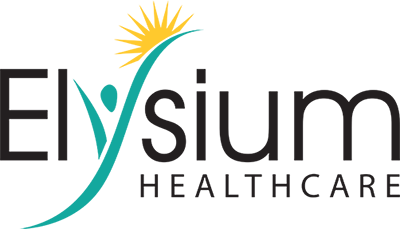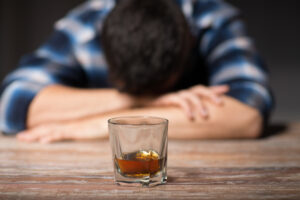
Great work, you’ve done it! Finally, you detoxed from alcohol or drugs and are now ready to take on the world. You’re loving your new freedom and happiness, and can barely believe you are finally here.
But don’t forget that in order to maintain your daily reprieve you must continue to work on your recovery even after you leave rehab.
The importance of aftercare in recovery is often overlooked—which leads to high relapse rates.
But don’t get it wrong, there is no better way to protect your newfound sobriety than by attending a relapse prevention program.
What’s a Relapse?
Whenever a recovering addict consumes alcohol or drugs again after abstinence, this is referred to as a relapse. It is very common for people struggling with addiction to relapse due to the difficulty of beating their addiction.
There is no official definition of what constitutes a relapse for addicts. In general, however, people agree that abstinence prior to a relapse must be purposeful in order to count as a relapse.
It is critical to remember that relapses are not failures, but rather stepping stones on the road to recovery. People can regain a sense of well-being and progress toward lasting recovery with the right support and treatment.
Drug Relapse Rates
The importance of aftercare goes beyond sound advice. Data shows that approximately 60% of drug addicts relapse after rehab. Proving It is just as important to work on one’s recovery outside of rehab as it is during treatment.
Relapse rates can vary depending on substances abused, treatment programs attended, and a person’s circumstances. But one of the most common reasons for it is the absence of a relapse prevention program.
Support groups and counseling help people cope with everyday challenges and maintain sobriety after rehab.
What’s a Relapse Prevention Program?
While the toughest part of recovery might be behind you, the real challenge awaits at the door. Recovery is a life-long process that’s best done with the support of peers and professionals.
The best way to protect your new-found recovery and stay sober long after you leave rehab is to find A relapse prevention program, also known as an aftercare plan.
Relapse prevention programs can help addicts by:
- Using treatment to help individuals recognize the early stages of relapse and treat it before it occurs
- Understanding that each stage of recovery has its own risk of relapse and treating each stage differently
- Using the main tools of relapse prevention which are cognitive therapy and mind-body relaxation
- Teaching them how to be honest and asking for help when needed
There are many forms of relapse prevention programs. Some of them include:
- Support Groups
- Therapy
- 12-step programs
- Rehab aftercare programs
- Sober housing
A relapse prevention program employs proven strategies that help recovering addicts stay sober by meeting their individual needs.
Types of Aftercare in Addiction Treatment
Some of the most common relapse prevention programs include:
Support Groups
One of the most recognized, celebrated, and effective ways for addicts to stay sober is constant attendance at support groups. It is for this reason that twelve-step programs are so popular among those who are recovering.
It’s said that the opposite of addiction is connection, which is probably why support groups are so effective. They provide addicts in recovery with mutual aid, connection to others, and accountability.
Support groups are a great way to remember what life was like during your addiction, and what it’s like now that you are sober.
Therapy
Therapy is also an important part of maintaining an addict’s recovery, similar to support groups.
It may take many years for a person to overcome cognitive and behavioral issues. By speaking with a professional, addicts can stay grounded while identifying patterns and behaviors that may lead to trouble in the future.
The first stages of relapse occur when the person in recovery begins to fantasize about drug use. In order to prevent a patient from relapsing back into substance abuse, a professional therapist can help identify these symptoms early on and treat them at the root.
Sober Housing
Sober living homes come in many forms. Here are a few examples:
- Rehab
- Halfway homes
- Sober living houses
- Inpatient treatments
In sober homes, patients are provided with a substance-free environment. In the early stages of recovery, they are considered the most favorable environments for addicts. Aside from providing a safe environment, they also offer many in-house services such as drug testing, support groups, therapy, and more.
Finding Aftercare Programs
The importance of aftercare can’t be understated. The best way to maintain a sound recovery is to enroll in a relapse prevention program.
There are many relapse prevention programs available throughout the United States, including recovery centers and 12-step programs. But if you are looking for a trusted and effective option then you might want to check out Elysium Healthcare.
At Elysium Healthcare We offer some of the best relapse programs in the country.
Contact Elysium today to find out more about staying sober long after you leave rehab.








No comment yet, add your voice below!